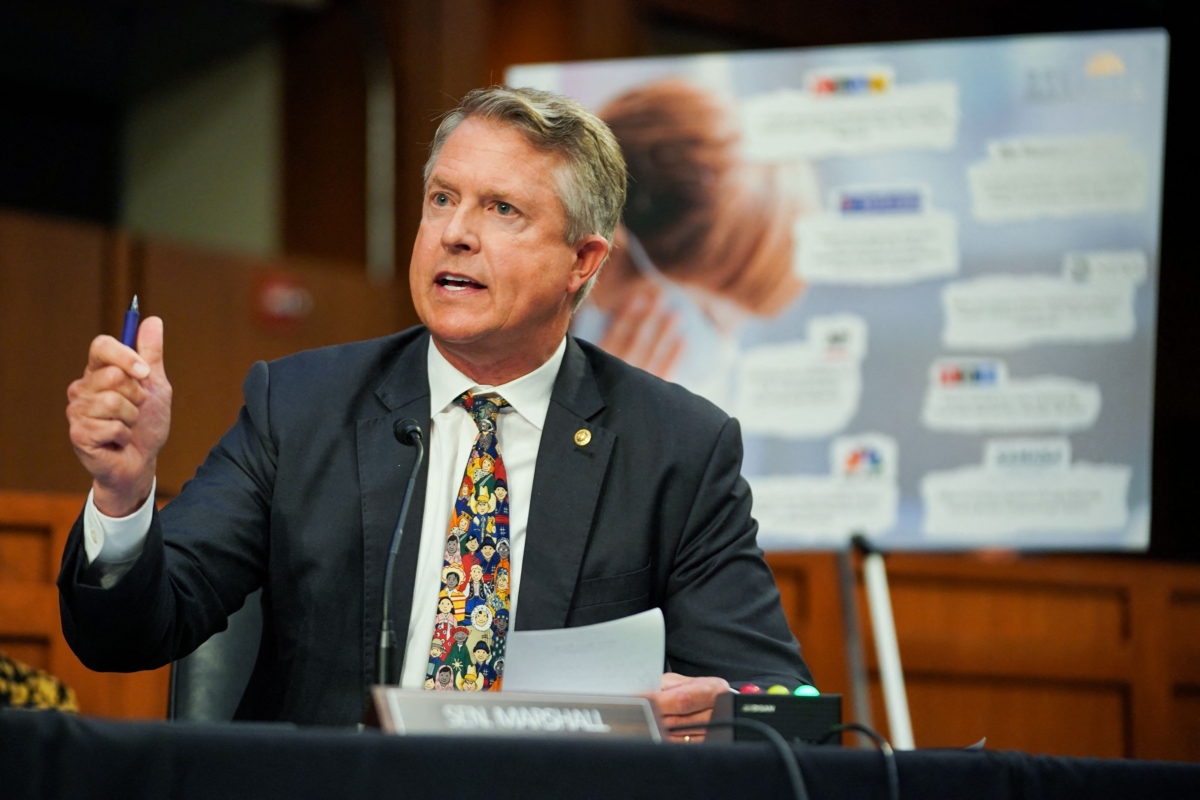Lawmakers who have long pressed for transparency on COVID-19 origins said they are underwhelmed by the declassified U.S. intelligence report, saying that the administration hasn’t been fully transparent with what it knows.
The Office of the Director of National Intelligence (DNI) released the long-anticipated report on June 23 evening, days after missing a 90-day deadline mandated by the COVID-19 Origin Act of 2023. Passed by Congress and signed into law in March, the act requires disclosure of any possible links to the Wuhan Institute of Virology (WIV), which has been viewed as a likely pandemic origin.
While providing glimpses into activities going on at the Wuhan lab before the pandemic, the 10-page report—including three pages in appendices—isn’t conclusive on the virus source, instead leaving it open whether it may have been a product of nature or the lab.
“This Friday night ‘news’ dump of a mere 10-page summary is a slap in the face of Americans who deserve full transparency about what information the government possesses regarding the origins of COVID-19,” said Rep. Cathy McMorris Rodgers (R-Wash.), who chairs the House Energy and Commerce Committee.

“Perhaps the most important lesson we’ve learned throughout the pandemic is that our government must be honest and forthcoming if we are ever to restore public trust and obtain justice for the victims of the pandemic—both those who lost their lives to the virus and those whose lives were harmed by unscientific lockdowns and mandates. This report fails to live up to either.”
Rep. Mike Gallagher (R-Wis.), who sits on the House Permanent Select Committee on Intelligence, noted reports earlier this week confirming names of the Wuhan virology lab researchers who had fallen ill with COVID-like symptoms in the autumn of 2019. While there’s no definitive evidence whether those researchers had contracted the virus, one of those researchers was identified as Ben Hu, who worked for years on U.S.-funded bat coronavirus research together with Shi Zhengli, the Chinese virologist who has been linked to the lab leak controversy.
The Friday report raised biosafety concerns with WIV’s handling of SARS-like viruses, the shortage of properly trained personnel at the facility, and experiments on SARS-like coronavirus in lower biosafety labs in early 2019 despite known risks. It maintained that the presence of sick researchers “neither supports nor refutes either hypothesis of the pandemic’s origins because the researchers’ symptoms could have been caused by a number of diseases and some of the symptoms were not consistent with COVID-19.”
Gallagher said that the intelligence officials should have released details on these researchers, including their names, symptoms, and involvement in coronavirus-related work at the Wuhan facility.
“This DNI release does none of that and, in many ways, obscures more than it illuminates,” he said, calling it “unacceptable.”
“The American people deserve better,” he said.
Sen. Roger Marshall (R-Kans.) likewise suggested that the administration may have withheld information.
“As we’ve seen nearly every step of the way while trying to uncover the origins of the COVID-19 virus, the Biden Administration has failed to be transparent with the American people and members of Congress,” he said, stressing that the release “is late and does not provide the full picture of what our intelligence agencies know.”

The intelligence officials should appear before the Senate Committee on Homeland Security and Government Affairs, where he is a member, to “walk us through these materials so we can get to the bottom of the COVID-19 pandemic that killed over a million Americans,” he added.
Both the Energy Department and the FBI have assessed that the virus likely leaked from a lab. In May 2020, the National Institutes of Health, which had funded bat virus studies at WIV, warned that the Wuhan virology institute was involved in research projects “that pose serious bio-safety concerns and, as a result, health and welfare threats to the public, both in China and other countries, including the United States,” according to a newly released letter.
White Coat Waste Project, a nonprofit group that has been advocating for more scrutiny of WIV, called the latest U.S. intelligence report “underwhelming” and criticized it for failing to mention the U.S. taxpayer funding the Wuhan lab received as well as details relating to the sick researchers.
But the report did confirm a link between the Wuhan lab and the Chinese military, contradicting prior denial from Shi, the Wuhan virologist. Between 2017 and 2019, the report said, WIV funded “research projects to enhance China’s knowledge of pathogens and early disease warning capabilities for defensive and biosecurity needs of the military,” which some of its personnel also worked on.
“Shipping US taxpayer dollars to the PLA-tied Wuhan animal lab was always a recipe for disaster,” said the organization’s senior vice president Justin Goodman, using the acronym for People’s Liberation Army, China’s principal military force.
















































